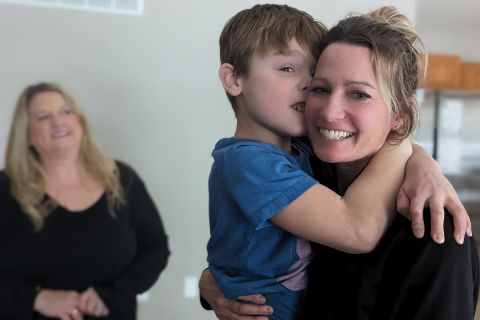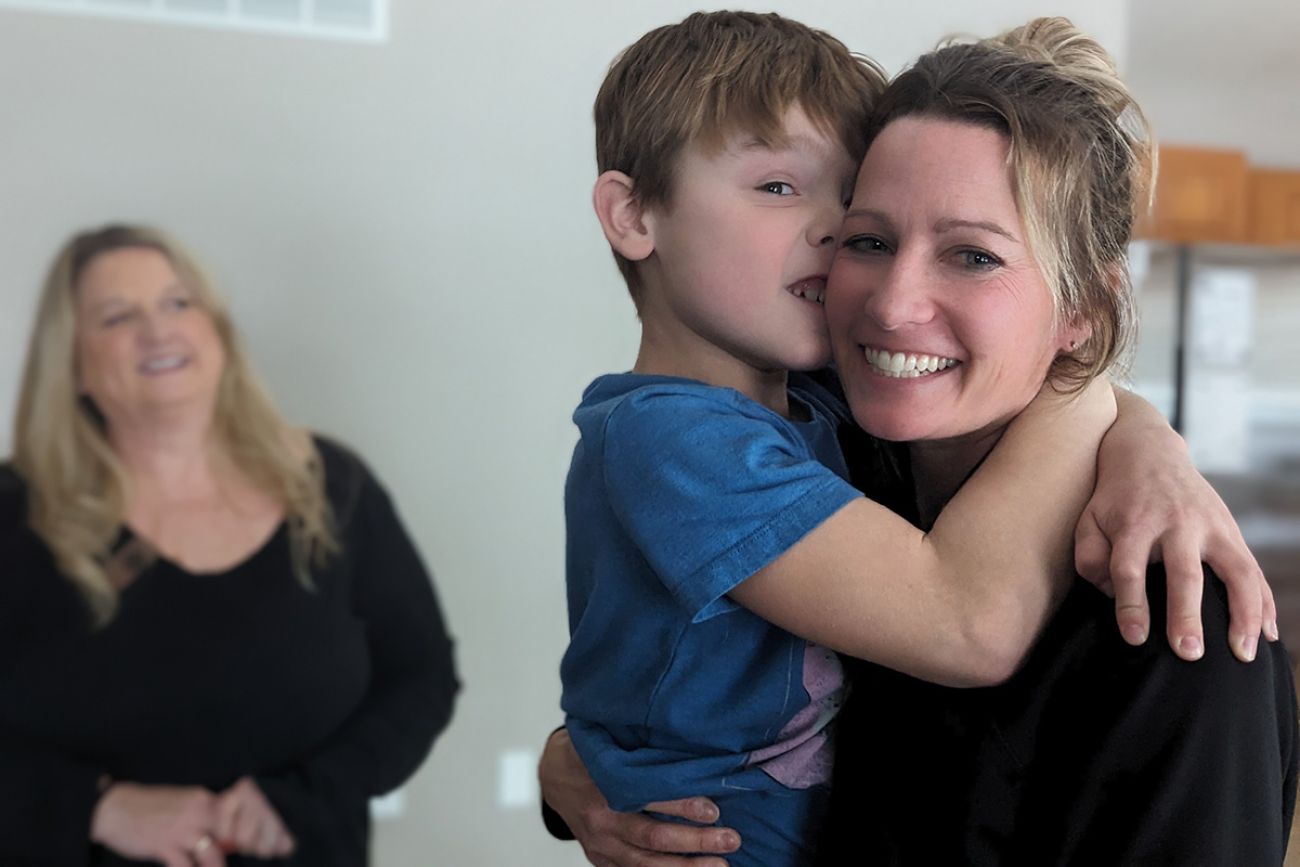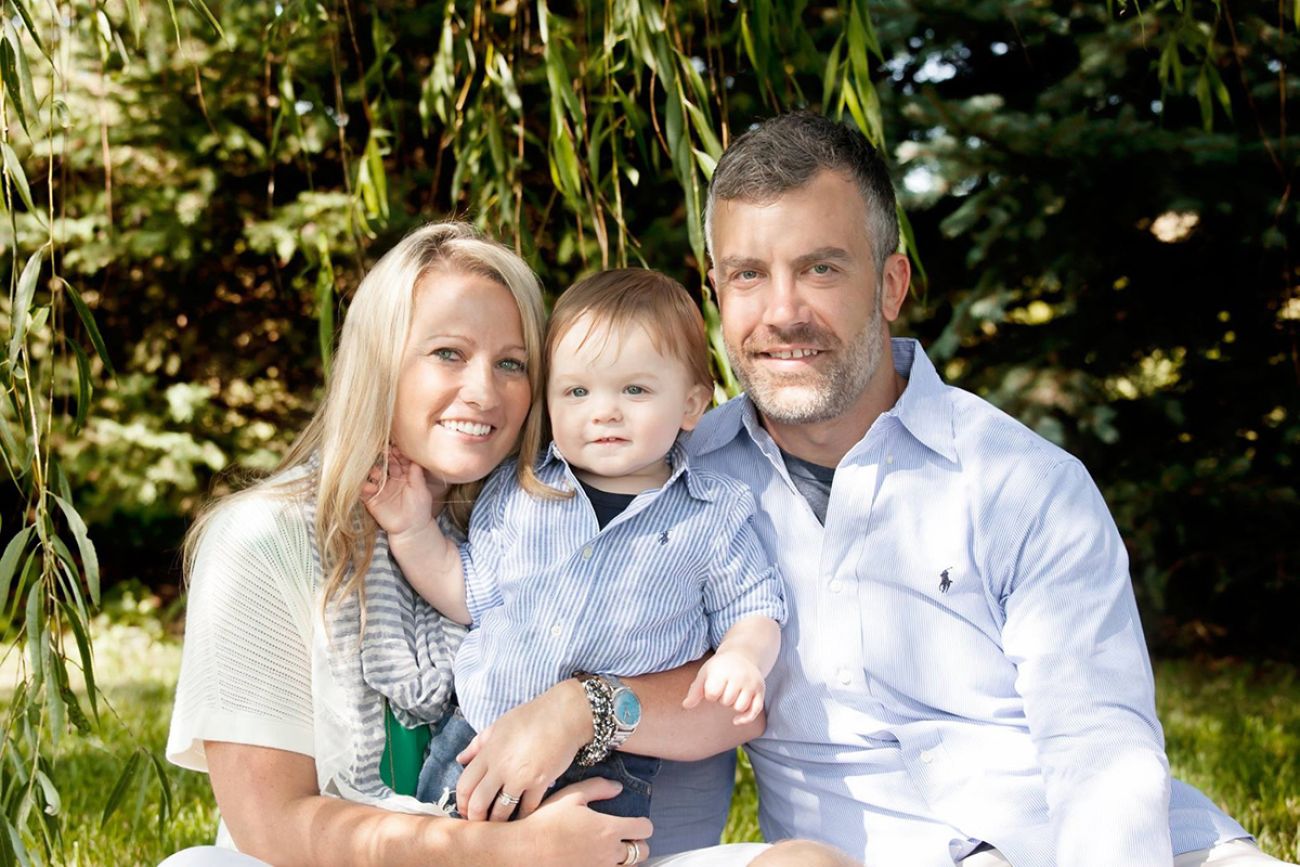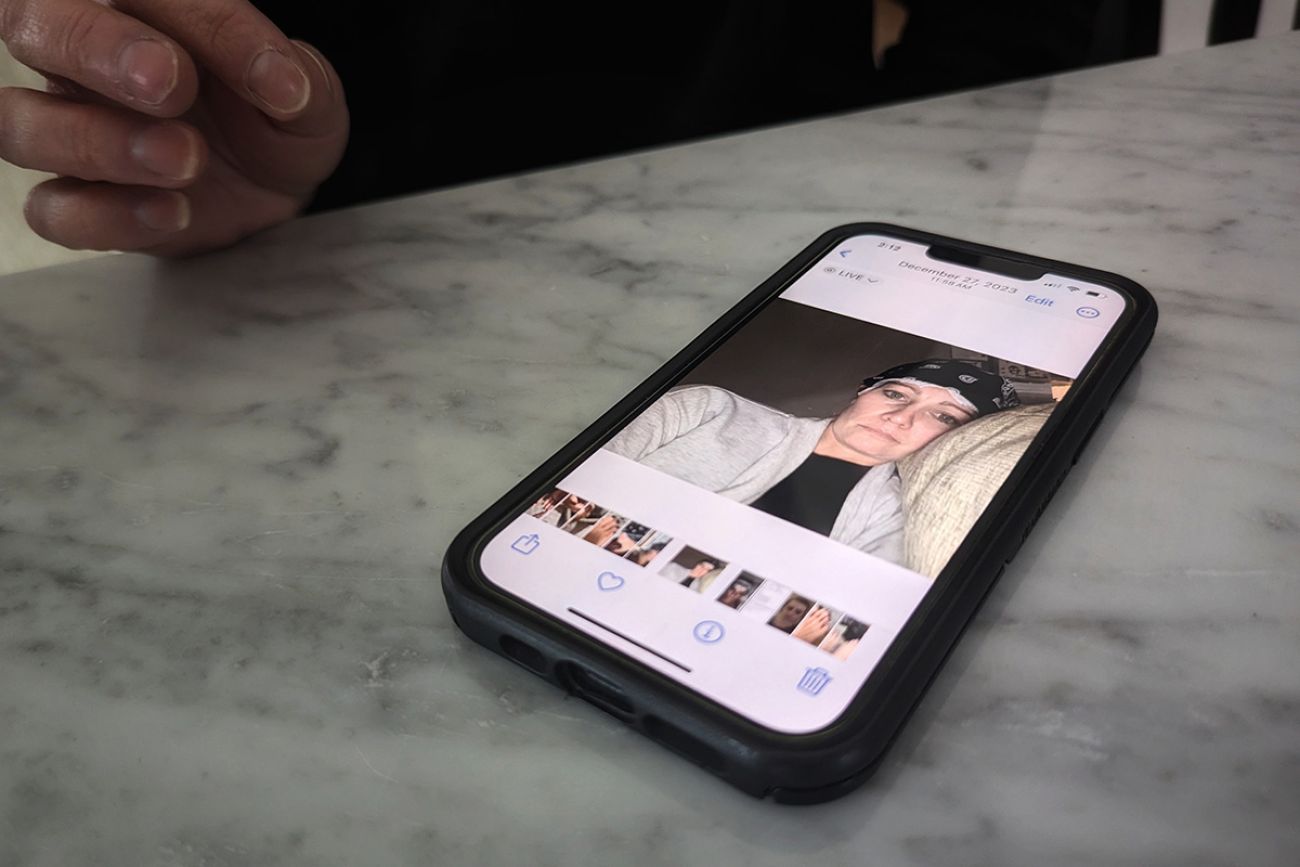null
...
Fauci: No scientific evidence the coronavirus was made in a Chinese lab
I'll go with Dr. Fauci who says there is no scientific evidence the disease is from a lab before I believe an administration who constantly lies and does anything to absolve themselves of blame.

"Fauci FINALLY coughs up to Covid failures: Admits lab leak is credible, reveals HE told schools to impose vaccine mandates and even praises Trump on China!
- Dr Fauci said social distancing 'six foot rule' was not based on scientific data
- Despite efforts to silence lab leak theorists, Fauci admitted it is not a conspiracy"

Fauci on Covid lab leak theory: ‘I have a completely open mind’
He also criticized China's Covid-19 response as “shutdowns without a seeming purpose.”
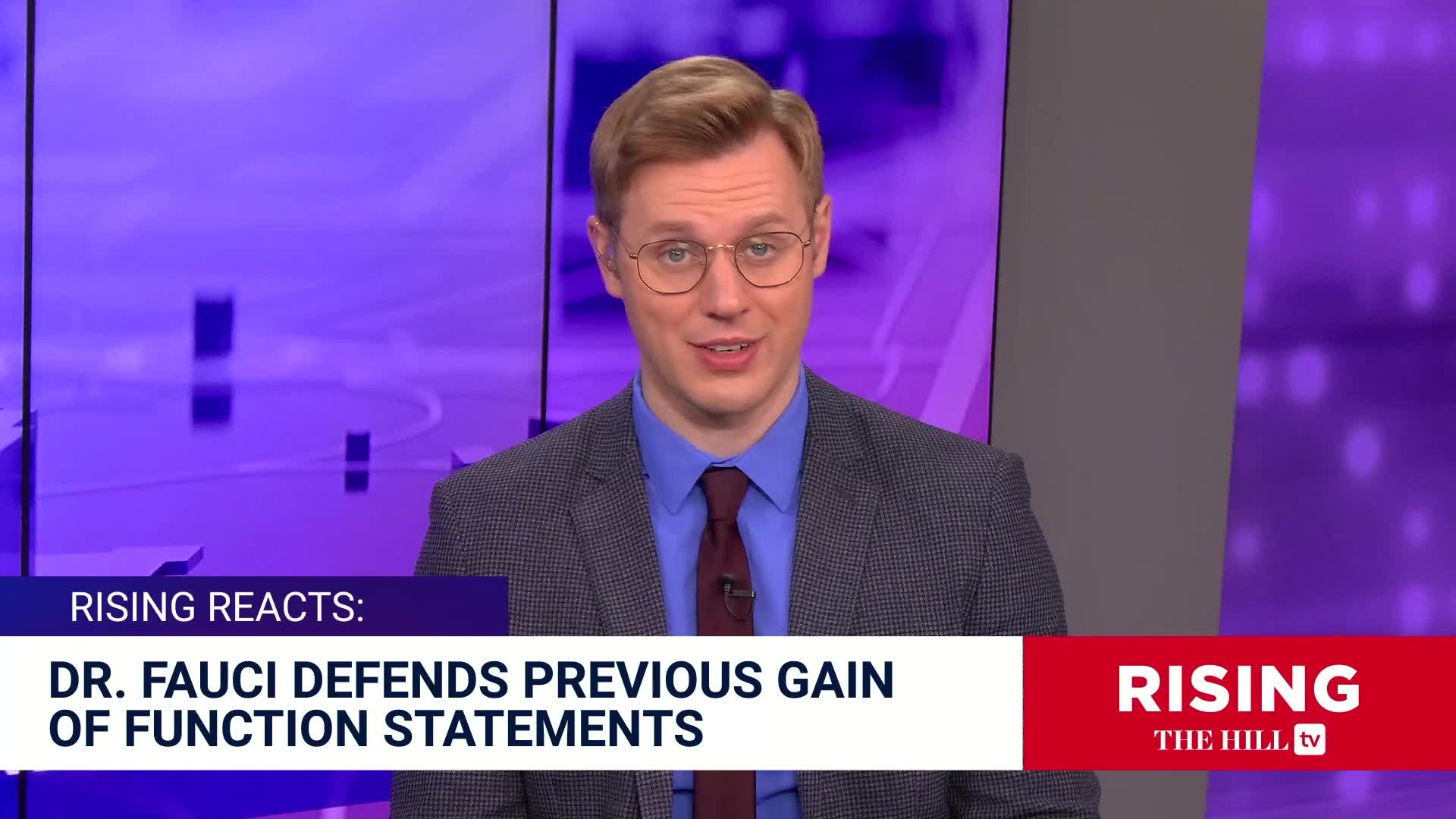
Fauci met with Wuhan gain-of-function scientist in '17, admits lab leak not a conspiracy: Emily Kopp
U.S. Right to KNow reporter Emily Kopp weighs in on Dr. Anthony Fauci''s closed-door congressional testimony on Covid-19.



